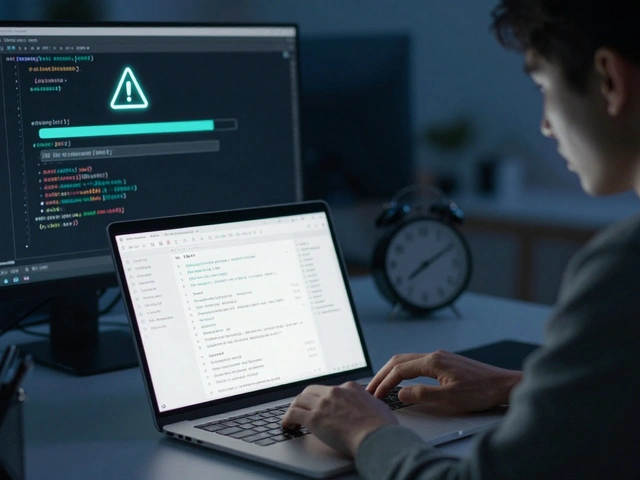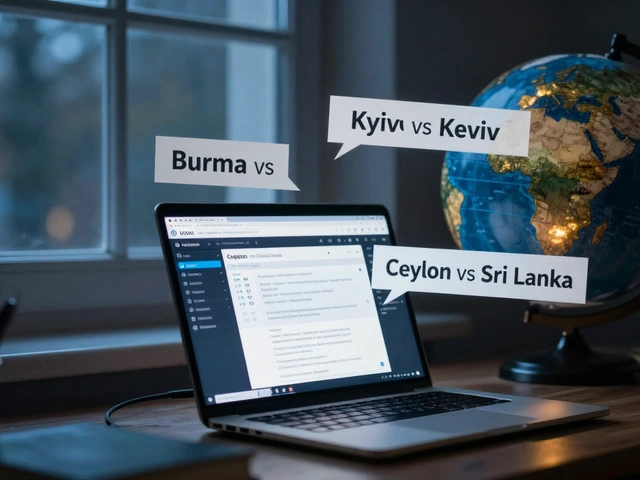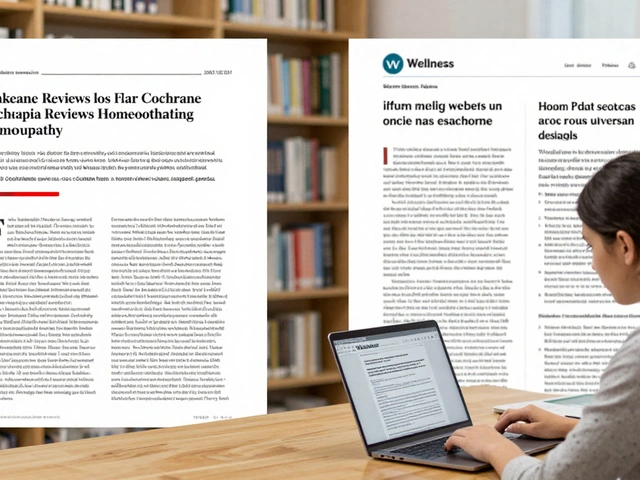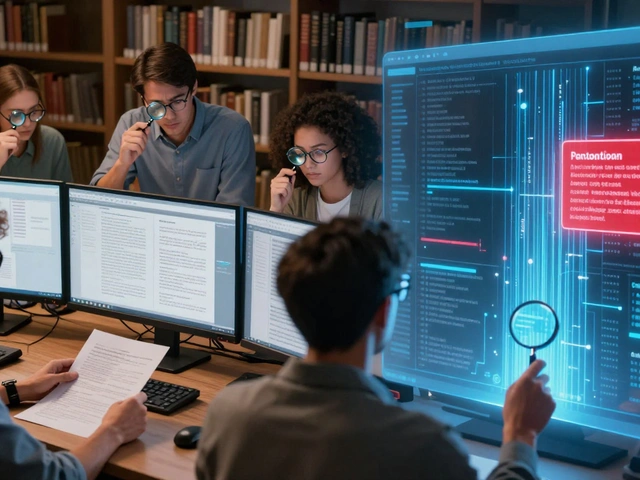ArbCom election: How Wikipedia’s dispute resolution leaders are chosen
When Wikipedia editors can’t agree on content, tone, or behavior, they turn to the ArbCom, Wikipedia’s final arbitration committee that resolves serious editor conflicts and enforces conduct rules. Also known as the Arbitration Committee, it’s the last stop before blocks, bans, or site-wide restrictions are applied. Unlike most Wikipedia roles, ArbCom members aren’t appointed—they’re elected by the community, making these elections one of the most important, yet least understood, events in the Wikimedia movement.
ArbCom doesn’t write articles or fix typos. It handles the messy stuff: harassment campaigns, edit wars that won’t end, coordinated sockpuppet networks, and repeat violations of core policies like neutral point of view. The people chosen in these elections aren’t just experienced editors—they’re trusted mediators who can stay calm under pressure, read through hundreds of talk page threads, and make tough calls based on evidence, not popularity. Their decisions set precedents that affect how thousands of editors behave for months or even years. And because they’re elected annually, the outcome shapes the entire community’s direction: more lenient? More strict? More transparent? The vote decides.
These elections aren’t flashy. No headlines. No viral clips. But they’re where the real power of Wikipedia’s self-governance shows up. People who run for ArbCom often have years of conflict resolution experience—maybe they’ve served on noticeboards, helped mediate disputes on talk pages, or even been on the receiving end of a ban and rebuilt their reputation. The voters? Usually the most active editors—the ones who watchlists, patrol recent changes, and know who’s been causing trouble. The process is open, but not easy: candidates must submit statements, answer questions from the community, and survive scrutiny from skeptics who question their bias, consistency, or motives.
What you won’t find in the official notices is how much this affects everyday editing. If a new ArbCom leans toward strict enforcement, vandalism gets caught faster. If they prioritize rehabilitation, banned editors get second chances. If they’re slow to act, toxic behavior spreads. These elections don’t just pick people—they pick a philosophy for how Wikipedia should handle its own chaos.
Below, you’ll find posts that explain how Wikipedia’s community works from the inside: how editors are categorized, how grants fund local projects, how talk pages resolve disputes, and how tools like watchlists help keep things in order. These aren’t random stories—they’re pieces of the same system that makes ArbCom possible. Without the volunteers who patrol, discuss, and vote, there’d be no committee to elect. And without that committee, Wikipedia’s rules would just be suggestions.
ArbCom Election Controversies: Campaigns, Alliances, and Outcomes on Wikipedia
ArbCom elections on Wikipedia are high-stakes battles over power, bias, and control. Learn how campaigns, alliances, and voter turnout shape the future of the world's largest encyclopedia.





